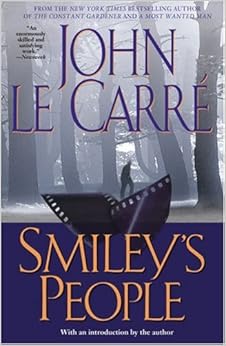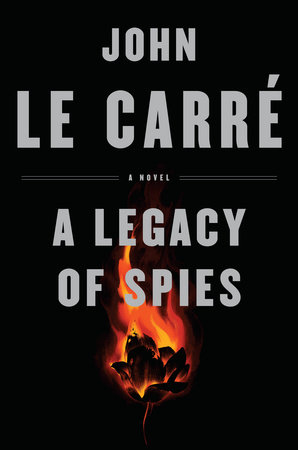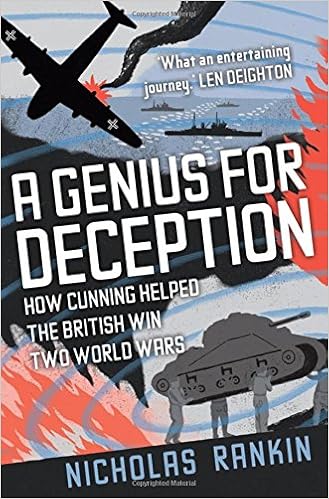I love reading, but I can't ever seem to find enough time to do it. And when I do read, I'm often playing catch up. When it's time to pick up a new title, instead of going to my personal library and picking one of the hundreds of unread books on my shelves, I'm going to a list of books and stories published in the prior year and nominated for awards.
 |
| Agatha teapots |
So Malice Domestic comes, the Agatha awards are given out, and then I have a month or two to choose my own reading. Heaven! Until the Anthony and Macavity award nominees are announced, and it's off to the reading races again. I read Anthony- and Macavity-nominated books, stories, and novellas until Bouchercon, which occurs in September or October. (And this is a perfect time to give a shout out to my fellow SleuthSayers Paul Marks and Art Taylor, who are up for the Macavity Award for best short story this year, and to Art once more, as he's up for the Anthony for best short story. And let us not forget the wonderful late B.K. (Bonnie) Stevens, who is up for the Anthony for best novella.)
Anyway, Bouchercon eventually ends and the awards season is over and I get to read what I want to read. YAY! Not that there's anything wrong with the books and stories I read for the Agathas, Anthonys, and Macavitys (they're usually great--that's why they're nominated), but there's something to being able to pluck a book off the shelf just because I want to read it. And that period is coming. I'll get to choose my own books!
But what should I choose? There are so many options.
In preparation for making my choices, I reached out to some friends and asked them what books they've read recently that they loved. I asked them to focus on newer books that I might not yet have purchased. There's always room for more books on my shelves. Here are their recommendations:
Magpie Murders by Anthony Horowitz -- my friend described it as "a treat for any tea-drinking, Anglophile, Agatha Christie fan--or anyone who enjoys a traditional mystery."
The Closed Casket by Sophie Hannah -- the new Poirot
Pulse by Felix Francis -- this book comes out next month, but my friend got an early copy.
The Case of the Curious Cook by Cathy Ace

The Good Byline by Jill Orr
Double Up by Gretchen Archer
Whispers of Warning by Jessica Estevao
Jane Steele by Lyndsay Faye
Later Gator by Jana Deleon
The Ex by Alafair Burke
I've already read The Ex and recommend it heartily. How about you, dear reader? What books have you read recently that you adored? Bonus points for books published this year. I'd love to get ahead on my awards reading for next year!
















